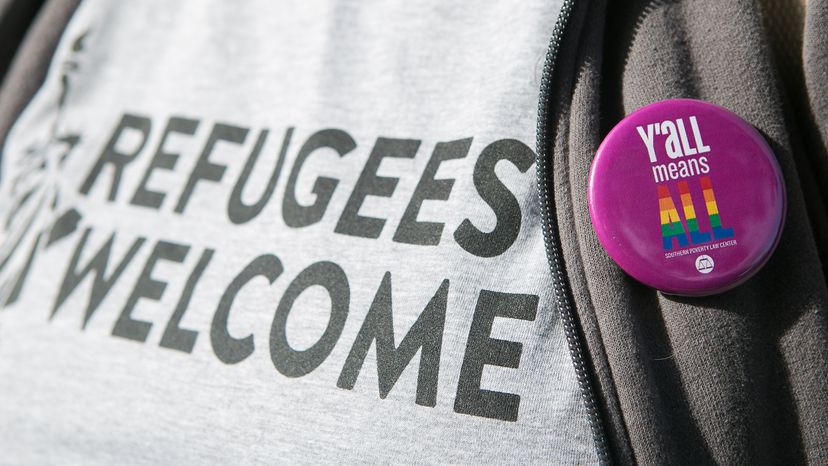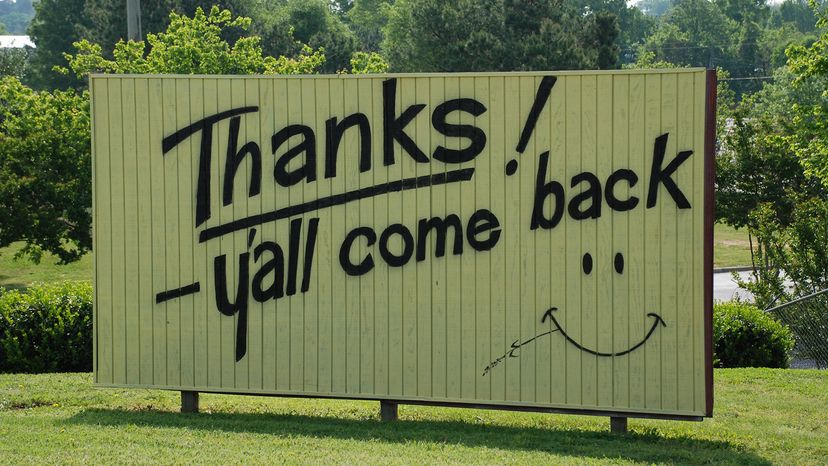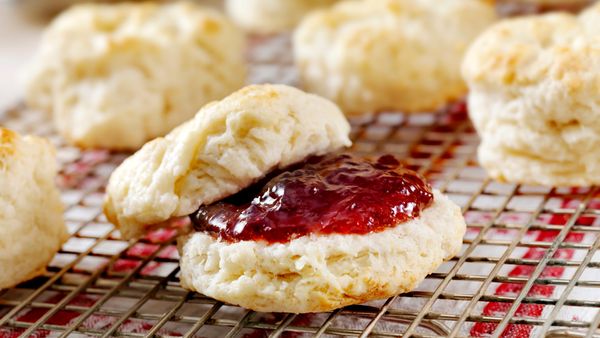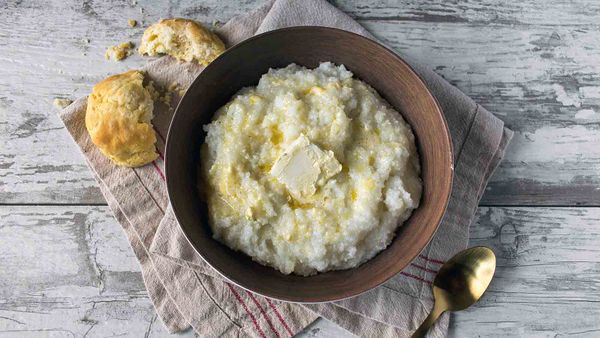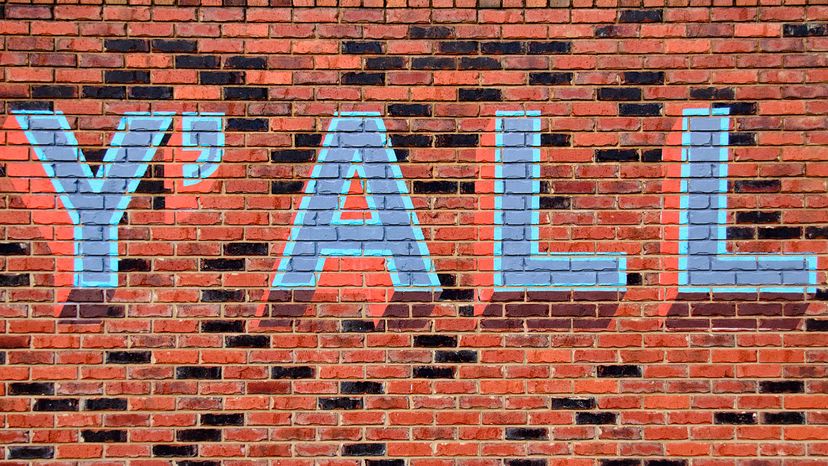
"Y'all" is as ubiquitous in the American South as boiled peanuts, college football and kudzu climbing the hillsides. If it were possible to hold a giant microphone over the entire region right this minute, y'all would probably be drowning out all the other words. It's as Southern as grits, and glides out of your mouth as smooth and sweet as soft butter on a warm biscuit. An impartial little one-syllable word, y'all doesn't lose any sleep over race, class, gender or locale, because y'all is one hundred percent inclusive. Y'all means all, y'all.
So, is it any wonder that y'all is rapidly making the scene as a better way to say "you guys" in all kinds of places and spaces north of the Mason-Dixon Line as well as abroad? Could this humble contraction turn out to be the efficient, consistently used, second-person plural pronoun the English lexicon has long been waiting for?
Advertisement
Weirdly, English, unlike other languages, does not have a second-person plural pronoun — a word that's used to address a group of people you're talking to. Back in the day, "ye" sufficed. But seriously y'all: "Come on 'ye' — let's eat before the collards and cornbread get cold?" It doesn't exactly roll off the tongue.
What English leaves us with then, beyond the anachronistic "ye," is the second-person singular pronoun, "you" — which, mind you, can work in the plural when used in phrases like, "you guys," and "youse," in America, "you lot," for the Brits and "allyuh" in Caribbean Creole.
And then there's the pretty little word we're here to talk about: "y'all."
Advertisement
